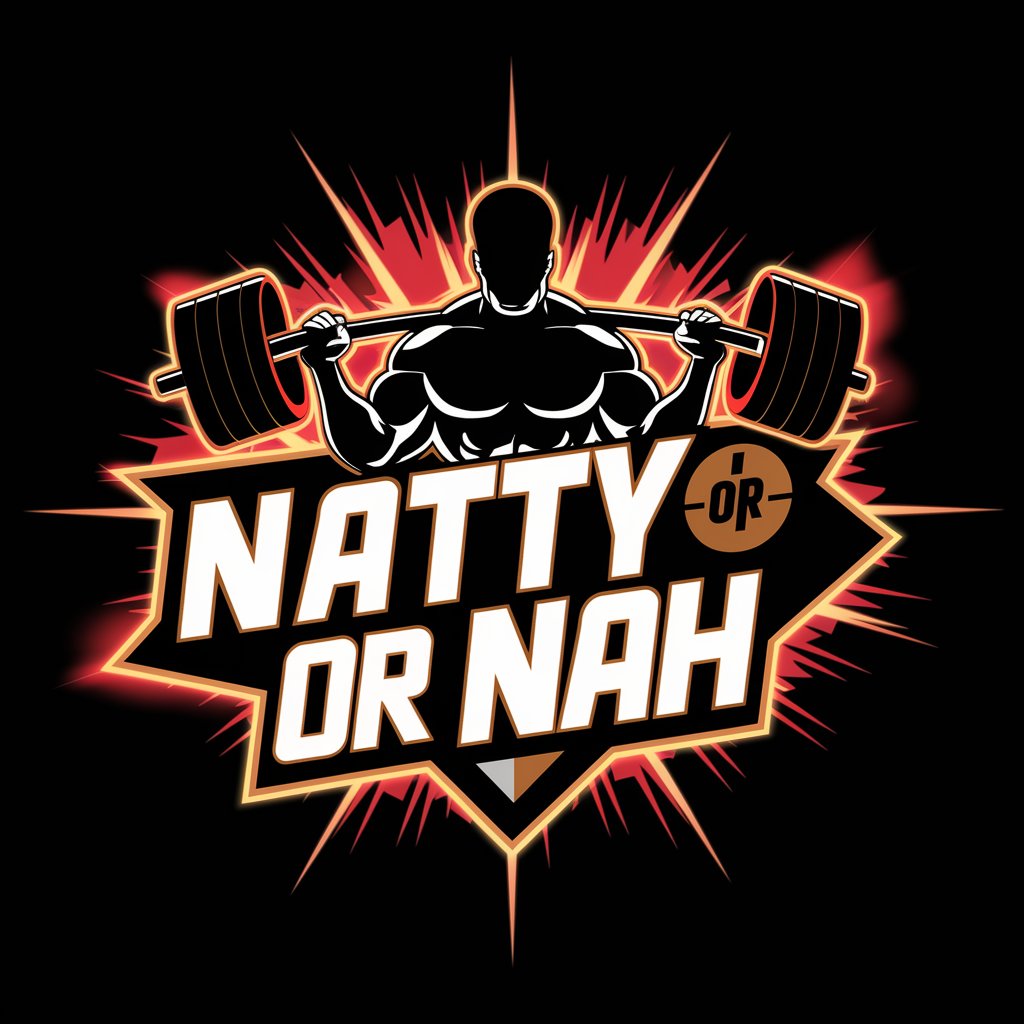3 GPTs for Physique Analysis Powered by AI for Free of 2024
AI GPTs for Physique Analysis refers to the specialized use of Generative Pre-trained Transformers in analyzing and interpreting physical characteristics and data. These tools leverage advanced machine learning algorithms to process and analyze body metrics, fitness levels, and other physiological data. They are designed to provide personalized insights, recommendations, and assessments tailored to individual health, fitness, and wellness goals. The integration of GPT technology enables these tools to understand complex queries, interact in natural language, and generate human-like responses, making them highly effective for tasks within the Physique Analysis domain.
Top 3 GPTs for Physique Analysis are: Body Type Sleuth,Roast Me,Natty or Nah GPT
Essential Attributes of Physique Analysis AI
AI GPTs for Physique Analysis boast a range of unique characteristics including the ability to process natural language inputs, analyze complex physiological data, and provide tailored fitness and health recommendations. They can adapt from offering basic advice to conducting detailed analyses, such as body composition, nutritional needs, and exercise regimens. Special features may include real-time data analysis, integration with health monitoring devices, personalized feedback loops, and the capacity for continuous learning from new data, enhancing their precision and utility over time.
Who Benefits from Physique Analysis AI?
The primary users of AI GPTs for Physique Analysis span from fitness enthusiasts and health-conscious individuals to professional trainers, nutritionists, and medical professionals. These tools are accessible to novices, offering straightforward insights and recommendations, while also providing developers and professionals with advanced customization options. This dual approach ensures that both non-technical users and experts can leverage these AI tools to achieve their health and fitness objectives.
Try Our other AI GPTs tools for Free
Communication Analysis
Discover how AI GPTs for Communication Analysis can transform your communication strategies with advanced AI, offering insights, predictions, and enhanced engagement.
Visual Data Processing
Discover the power of AI GPTs for Visual Data Processing: versatile tools designed for creating, analyzing, and interpreting visual content with precision.
Customizable Tooltips
Explore how AI GPTs for Customizable Tooltips enhance digital experiences with dynamic, tailored guidance directly within your interface, making complex functionalities accessible to all.
Authenticity Cultivation
Discover how AI GPTs for Authenticity Cultivation leverage advanced algorithms to foster genuine interactions and content, making authenticity the forefront of digital expression.
Astrophotography Planning
Discover how AI GPTs for Astrophotography Planning revolutionize capturing the night sky, offering personalized advice, celestial event predictions, and user-friendly interfaces for all levels of expertise.
Prototype Development
Discover how AI GPTs revolutionize Prototype Development, offering adaptable, efficient solutions for creating and refining prototypes through advanced AI capabilities.
Further Perspectives on Physique Analysis AI
AI GPTs for Physique Analysis not only offer personalized health and fitness guidance but also represent a significant advancement in how technology can be harnessed to enhance well-being. Their user-friendly interfaces and potential for integration into existing health ecosystems underscore their versatility and adaptability across different sectors, from personal wellness to clinical applications.
Frequently Asked Questions
What is AI GPT for Physique Analysis?
AI GPT for Physique Analysis refers to the application of Generative Pre-trained Transformers to analyze and provide insights on physical health, fitness, and body metrics.
How can AI GPTs analyze physical data?
These tools use machine learning algorithms to process natural language inputs, interpret physiological data, and generate personalized feedback based on body metrics and health goals.
Who can use AI GPTs for Physique Analysis?
They are suitable for a broad audience, including fitness beginners, health enthusiasts, professional trainers, nutritionists, and medical experts.
Do I need programming skills to use these AI tools?
No, these tools are designed to be user-friendly for non-technical users, with interfaces that allow for easy interaction and access to insights.
Can professionals customize AI GPT tools for specific needs?
Yes, developers and professionals have access to customization options, enabling them to tailor the tools for specific analysis and feedback mechanisms.
What makes AI GPTs unique in Physique Analysis?
Their ability to understand complex queries, analyze diverse data types, and provide human-like interactions and recommendations sets them apart.
Can these tools integrate with fitness devices?
Many AI GPTs for Physique Analysis are capable of integrating with health and fitness monitoring devices, enhancing the accuracy and relevance of the insights provided.
Are there continuous updates and learning capabilities?
Yes, these AI tools are designed to learn from new data, improving their recommendations and analyses over time through continuous learning mechanisms.


